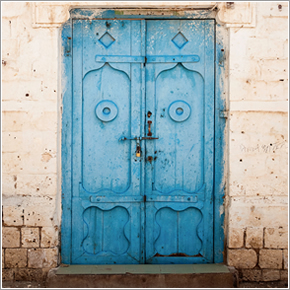The Centre for Human Rights (CHR) at the Faculty of Law, University of Pretoria, in collaboration with a group of Eritrean human rights lawyers, launches a glossary of human rights terms in Tigrinya. This is in line with one of the CHR’s main objectives, that is a wider dissemination of publications on human rights in Africa, including the advancement of a human rights literature in indigenous African languages.
The glossary, published as the Eritrean government is undergoing closer scrutiny by a United Nations-mandated Commission of Inquiry on Human Rights in Eritrea (COIE), represents a timely initiative. Its main objective is familiarization of key human rights terms in the Tigrinya language. The publication is also seen as part of the CHR’s long-standing commitment to advance human rights in Eritrea.
In its most common understanding, a glossary is an alphabetical list of words or terms relating to a specific subject, with additional explanation on the meaning of the words.
The importance of such a glossary in Tigrinya became more evident during the translation of the first two reports of the UN Special Rapporteur on the Situation of Human Rights in Eritrea. As the lead actor in the translation of these documents, the CHR experienced some difficulties in getting equivalent Tigrinya terms during the translation process. Thus, the idea to prepare a Tigrinya glossary was born out of this process. The glossary is the first of its kind in Tigrinya, specifically dedicated to human rights terms. It is intended for use by lawyers, scholars, practitioners, and the broader public.
The glossary is also intended as a stepping-stone for a more systematic work in the advancement of a human rights language in Tigrinya. The CHR looks forward to supporting this project on the basis of periodic updates that may be made possible through cooperation with other stakeholders having at heart the advancement of a human rights literature in indigenous African languages.
The glossary will be made public at the website of the CHR and other websites, which are frequently visited by Eritreans.


